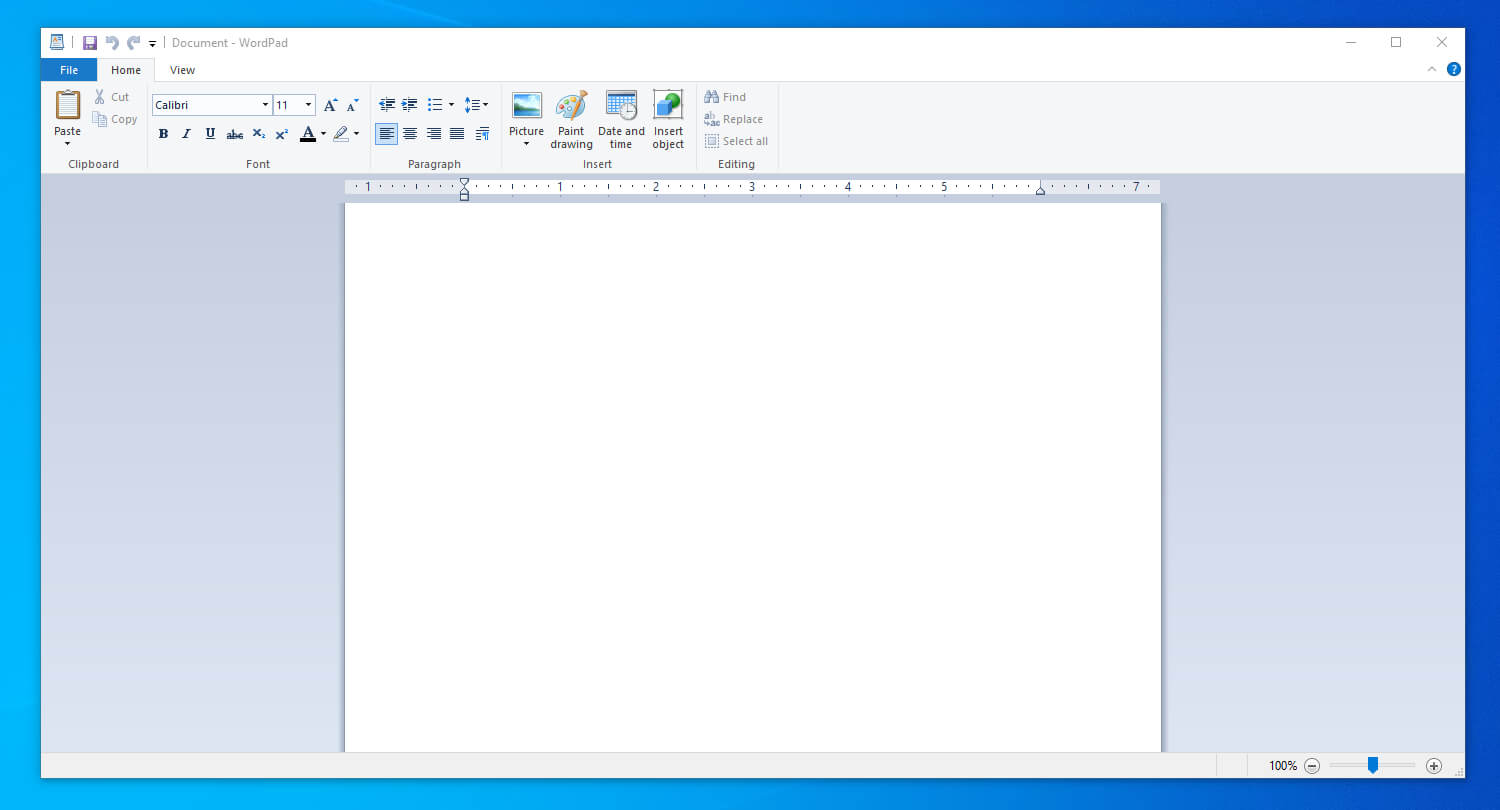What just happened? Microsoft has announced that after being part of Windows operating systems for almost three decades, WordPad is being killed off. The word processor is no longer under development and will be deprecated in a future Windows update.
WordPad is the basic word processor that was released 28 years ago with Windows 95 and has been integrated in virtually every version of the OS since then. But the program has seen very few updates in recent times; the last significant one was when the Ribbon UI was updated in Windows 7, and there hasn't been anything major since a Windows 8 redesign.
WordPad has been an optional Windows feature since the Windows 10 Insider Build 19551 that was release in February 2020, meaning it can be uninstalled via the Optional Feature control panel.
Microsoft confirmed that WordPad is being laid to rest via an update to its deprecated features for Windows client list. It confirms that there will be no more updates and the word processor will be removed in a future release of Windows. That could refer to Windows 12, which is expected to land next year.
Microsoft goes on to recommend using MS Word for rich text documents like .doc and .rtf and Windows Notepad for plain text documents like .txt. It was recently announced that Notepad will be getting autosave and automatic tab restoral – Microsoft added the browser-style tabs feature, also found in File Explorer, to the Windows 11 version of Notepad.
There's unlikely to be as much outcry over the death of WordPad as there was when Microsoft tried to do the same thing with Paint. The company said in 2017 that it was removing the program from Windows and making it a standalone app in the Microsoft Store, hoping that Paint 3D would take its place. But the firm went back on its decision: Paint got its first big overhaul in a decade in June, while Paint 3D has been deprecated.

Another notable name on the list of deprecated Windows features is Cortana. The AI voice-based assistant reached its end of support last month, making way for new AI tools such as Windows Copilot
